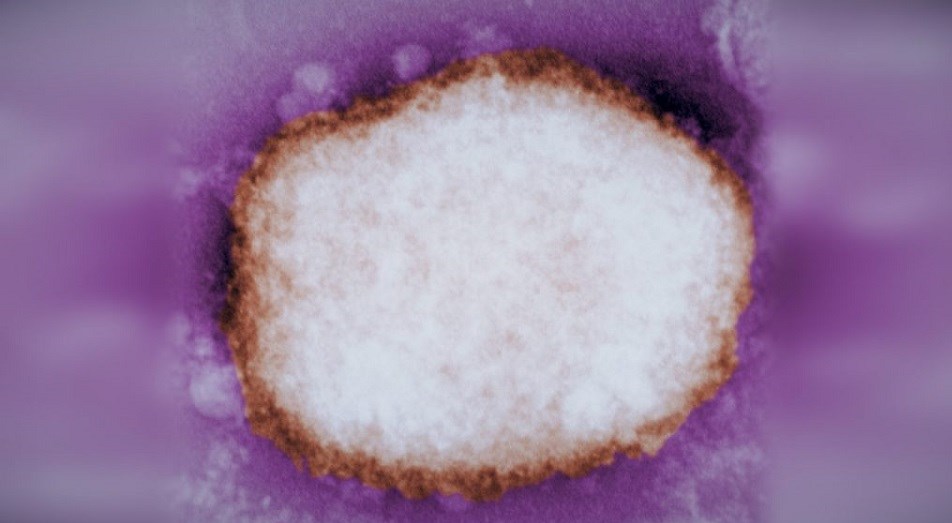Sudbury has its first case of Monkeypox.
Public Health Sudbury and Districts (PHSD) said it has received notification confirming there is a case of a person infected with monkeypox in this area.
"This individual likely acquired the infection in the Toronto area. This individual is currently isolating, and the close contacts have been identified," said a news release from PHSD.
The health unit said the risk to the general population remains low and there is no evidence the virus is circulating in Sudbury and surrounding areas. Nor does the monkeypox disease spread easily, said Dr. Penny Sutcliffe, the Medical Officer of Health.
"Residents should not be concerned about their routine everyday activities,” Sutcliffe said.
“Public Health continues to closely monitor the situation. We advise any person who develops symptoms or who has had contact with a suspected or known case of monkeypox to contact their health care provider immediately. Anyone, regardless of sexual orientation, age, or gender, can spread monkeypox through contact with body fluids, monkeypox sores, or by sharing contaminated items,” Sutcliffe added.
Public health said the disease is rare and not common to North America. It spreads through close contact with a person infected with the virus, or their clothing or linens. It can enter the body through skin-to-skin contact with body fluids (for example, saliva, lesions, blisters, or rashes) and through mucus membranes or respiratory droplets during prolonged face-to-face contact (for example, breathing, talking, and coughing).
Symptoms typically develop five to 21 days after exposure and last from two to four weeks. Symptoms occur in two stages and may include fever, chills, swollen lymph nodes, headache, muscle, joint and back pain, and exhaustion. A rash lasting between 14 and 21 days may also appear on the face or extremities, as well as the hands, feet, mouth, and genitals that later form scabs, said public health.
PHSD advises that anyone diagnosed with monkeypox must isolate until all scabs have fallen off and have healed, typically in two to four weeks. Vaccination is available for high-risk contacts of cases to prevent infection.
Monkeypox is usually a mild illness and treatment focuses on relieving symptoms. Generally, most people recover on their own after a few weeks, said public health.
For more information or if you have questions about monkeypox, please visit phsd.ca or call Public Health Sudbury & Districts at 705-522-9200, ext. 772 (toll-free 1-866-522-9200).
